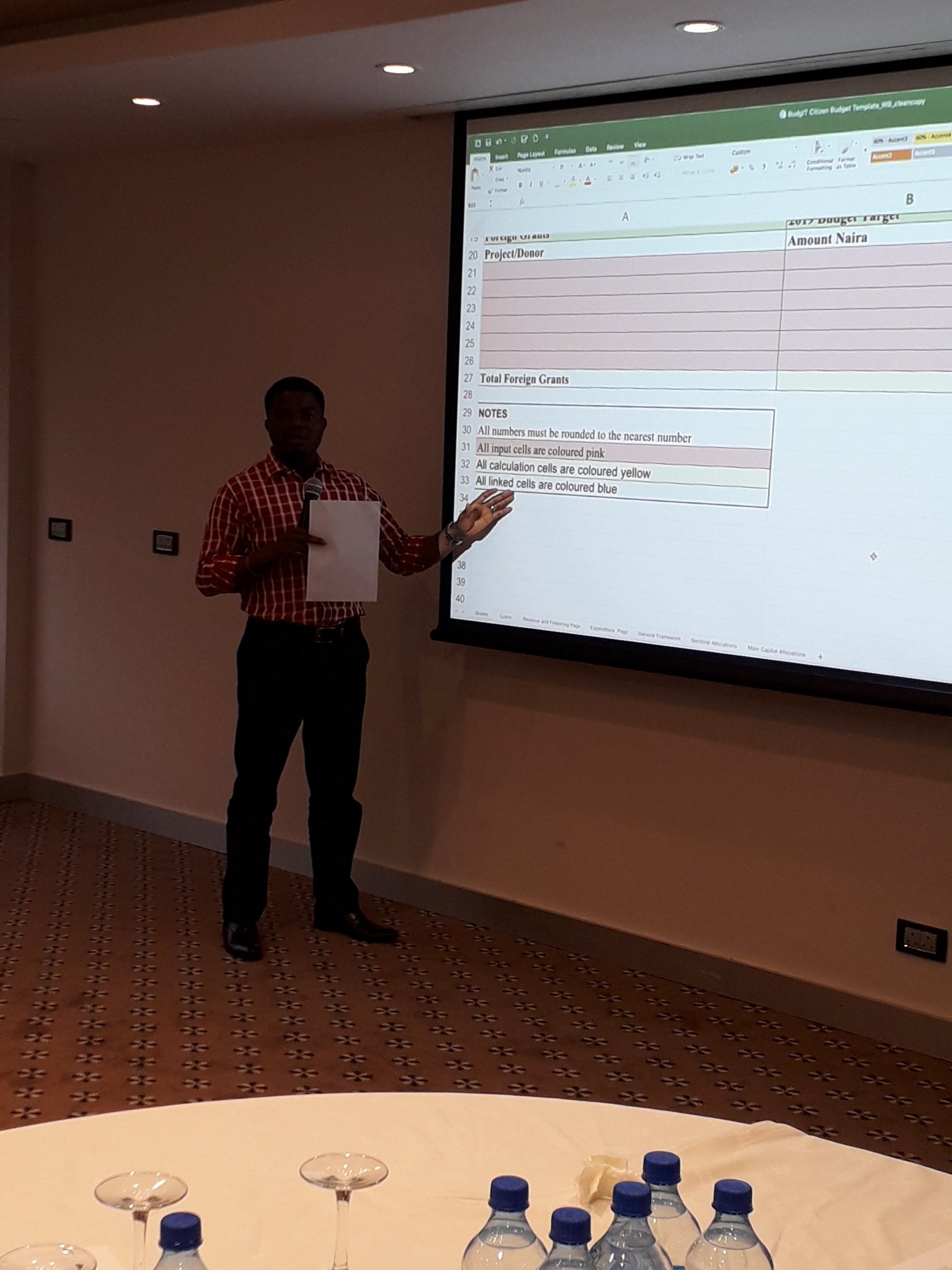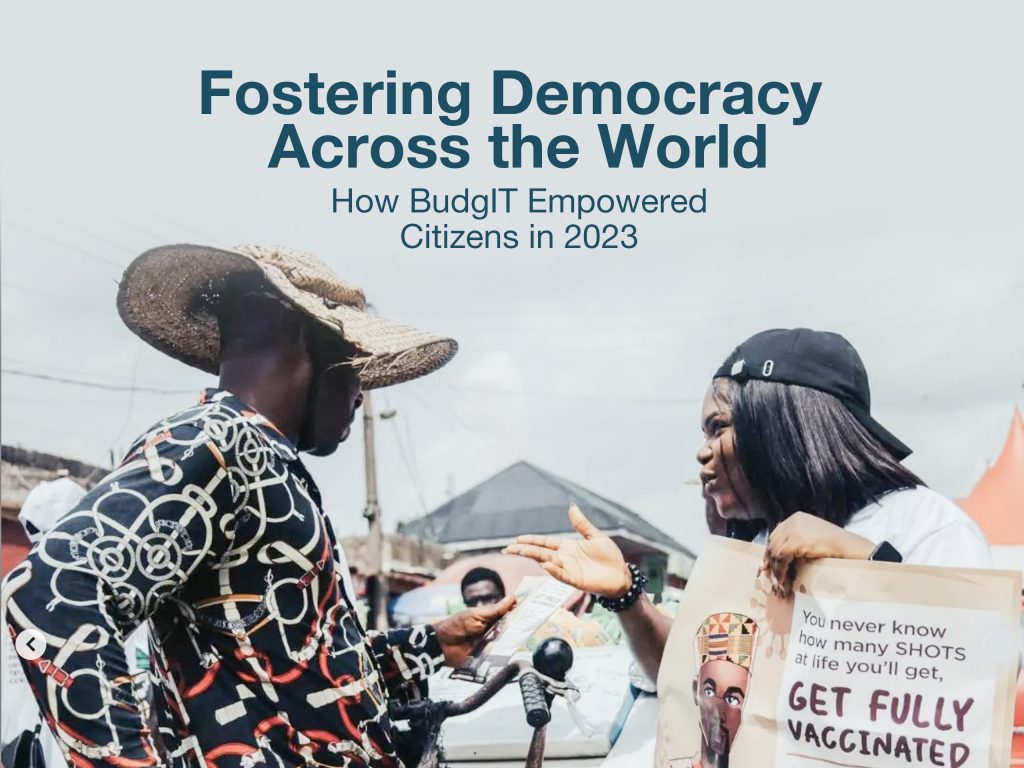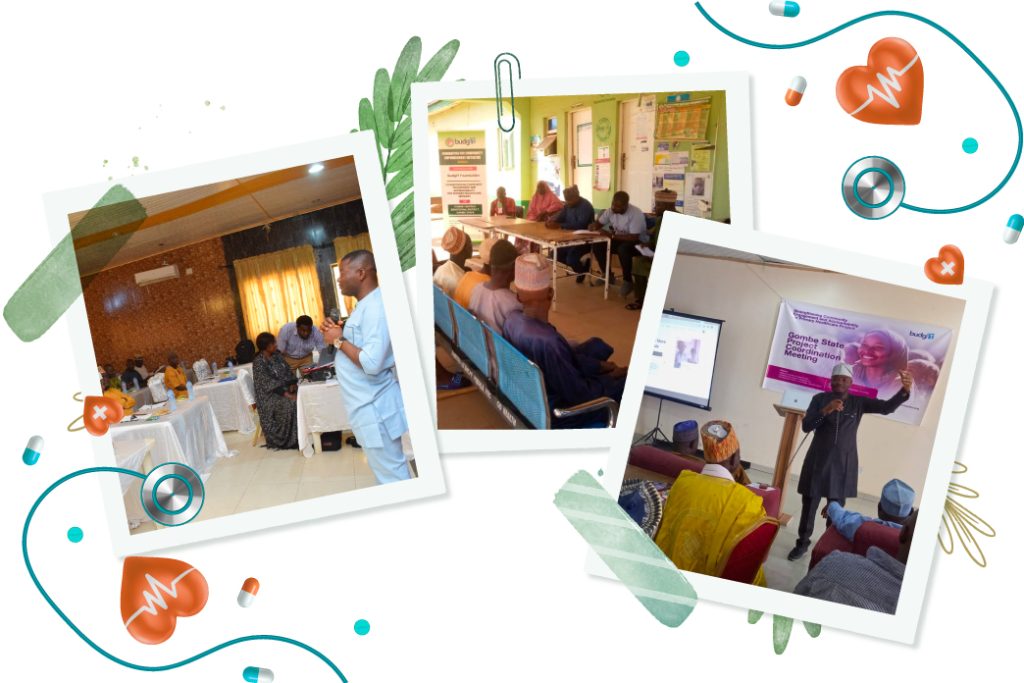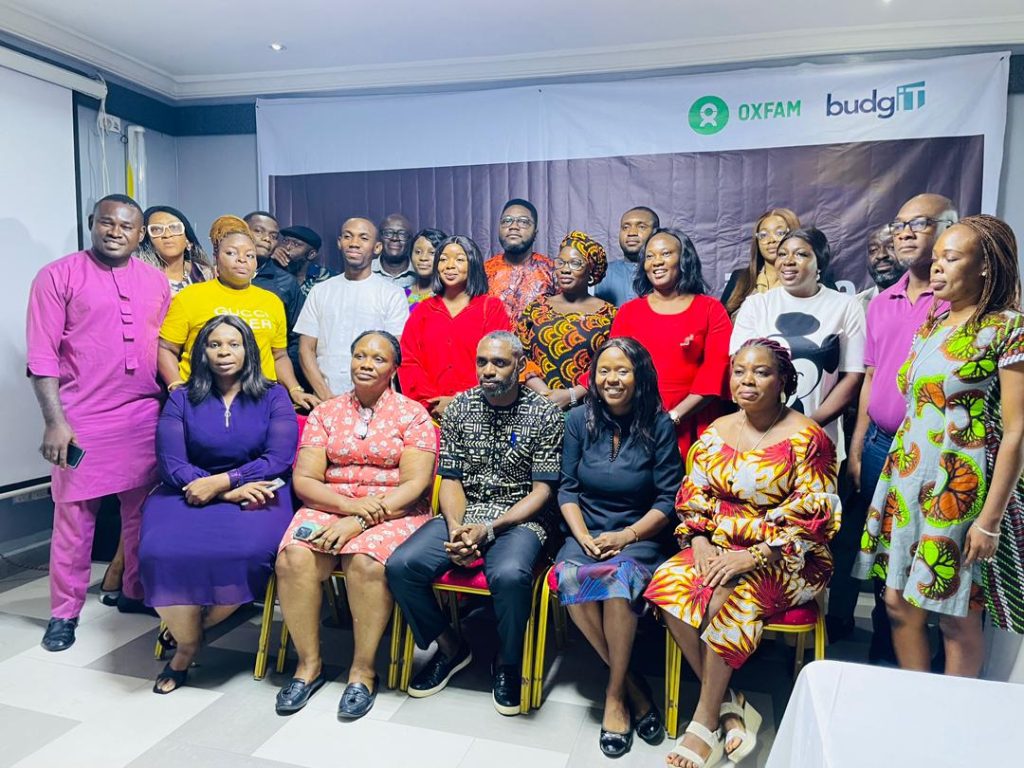As written by Swedish philosopher, Sissela Bok, in 1982 “I believe that a guarantee of public access to government information is indispensable in the long run for any democratic society, if officials make public only what they want citizens to know, then publicity becomes a sham and accountability meaningless.”
Many of the problems and challenges facing democracies are most directly addressed through the budget process.
The budget is a document that explains how revenue generated will be spent on development ranging from public security to education. For example, a country may want to ensure that all its children have access to high-quality education, laws could be passed to enforce enrollment by parents. However, if the budget doesn’t include funds to build schools, procure teaching aids or train teachers, the desired goal cannot be achieved.
Open budget is necessary for participation and engagement which, in turn, fosters partnership and builds trust. Before a budget is formulated, for example, consultations via town hall meetings are carried out to capture the needs of people through a charter of demand. A draft of the charter is transferred to the implementing agency with feedback to the citizens when a proposed budget draft is presented to the House of Assembly for public debate. The participation of citizens right from the formulation stage is a builder of trust.
Why is Open Budget important?
Opaque budgets bridle and enable corruption just as it leaves citizens to live in assumptions. There are lots of commitments Nigeria has signed up to such as Maputo Declaration on Agriculture and Abuja Declaration on Health. Going by these two, budgetary allocations to the agric and health sectors should be 10% and 15% of total budget size respectively.
Open budget entails numerous benefits. First, open budget makes oversight activities easy, over how resources are allocated and spent are powerful disincentives for officials to misuse or misappropriate funds since their actions are more likely to be scrutinized. This leads to less corruption. If budgets are open to the public and effective legislative scrutiny, there is less room for deviation from policy decisions and reversal of budget allocations. There are fewer distortions and the ruling elite is less likely to manipulate the budget. Additionally, budget transparency allows citizens to provide feedback on the quality and adequacy of services and infrastructure provided. This feedback, combined with reduced corruption, results in more efficient use of resources
In many cases, perceptions of high levels of corruption, poor services and infrastructure, and opaqueness of operations lie at the heart of citizens’ distrust of their governments. The gesture of opening up government books of account is likely to lead to more trust in the government. Budget transparency is also instrumental in generating higher revenues for governments since citizens are more likely to pay taxes and contribute donations to local schools and health centers if they trust that their money will be well spent. In developing countries where revenues are often inadequate to pay for needed investments in sustainable poverty reduction and development programs, this is of utmost importance
International and local development agencies are engaging governments especially at the subnationals to improve the fiscal transparency in the states by involving citizens right from the formulation to approval of the budgets, disclosure of budgets documents which is then analyzed by researchers, investors and contractors. The overall goal of open budget is to promote transparency. Clearly, thus, it is important for state governments in Nigeria to embrace openness in appropriations and spending of revenue generated.
The budget is a public document and a public document should be in the public space via printed or online platforms. Countries are ranked on open budget via the Open Budget Index which is the world’s only independent, comparative measure of central government budget transparency. If budget transparency is embraced and citizens fail to engage the government then development and participation become a mirage.
In the last 14 months, BudgIT has provided technical support to 36 states finance and budget directors on the use of citizen’s budgets in 2019 and January 2020 through the SFTAS project. For the first time ever, by the end of April 2019, 21 states had developed and uploaded their citizens budget on their state websites making them eligible for the funds attached to meeting the Disbursement link indicator under the SFTAS PforR.
The citizen’s budget presents basic financial information to a general group of random citizens. The citizen’s budget is a simpler, non-technical illustration of the public budget. It is developed for building a general sense and knowledge among citizens on what public plans are meant to be and how financial resources are distributed. This version briefs the citizen on public financial resources, revenues, expenses and other information as may be considered relevant or vital. This straightforward guide meant for assisting the citizens shows where the public resources will be spent and how, and to what extent the needs and expectations of the government were satisfied in return, within a given time period.
In ensuring this culture of openness becomes a norm, BudgIT is willing to work with the National Assembly on constitution amendment which will ensure states publish their budgets when due. Our idea is that an amendment in the constitution should mandate the states to publish their comprehensive budgets within three months of the fiscal year; budget implementation reports, 30 days at the end of each quarter; audited statements six months at the end of fiscal year; all payments above N10m on states’ open treasury platform just as federal government has taken a lead.



